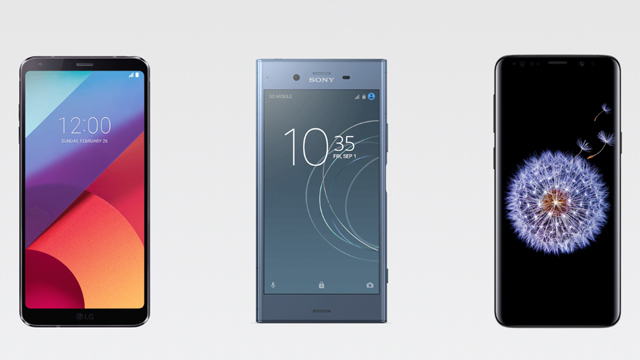Some particularly sad news emerged today regarding the fact that megacorporation Google would be dropping its fun long-standing Android naming convention, which will see traditional Android dessert updates become a mere figment of users’ memories.
Things started out boring with Android Alpha and Beta covering the first two letters of the alphabet, but since then Google has been a little more fun-loving, having named updates C all the way through to P after delicious sugary foodstuffs. That’s set change, however, as update Q becomes simply Android 10, despite it being the 17th iteration of the mobile operating system, judging by the 16 prior updates which brought us to Q.
Regardless, the current Android Pie version is considered to be a fixture of Android 9, which in itself is somewhat of an outlier due to the fact that the ninth installments of many software and hardware products are skated over. This is owing to the number being considered unlucky in Japan, with Microsoft skipping from Windows 8 to 10, and Apple skipping from iPhone 8 to X being a couple of recent examples. Most seem to be putting the change of heart down to Google’s inability to think of a sweet treat beginning with Q, though some light Googling on our end quickly threw up the Portuguese treat Queijadinha. That being said, Google would probably be looking for something with a touch more mainstream appeal.
ALSO: Denuvo mobile DRM brings controversial security software to phones
In reality, the fair explanation that Google offered points towards the naming convention being confusing when you consider that Android is a global staple—installed on no less than a massive 2.5 billion active devices—and in many locations, people don’t eat the same foods. Even for those who are familiar with the named foods, if they don’t happen to know that updates are sequenced in alphabetical order, how would somebody intuitively figure out that Froyo was several steps behind Ice Cream Sandwich?
When you look at it that way, the change in direction certainly seems more than reasonable, but that won’t stop many lamenting the loss of the fun naming convention which Google and Android had integrated into pop culture over a number of years.







